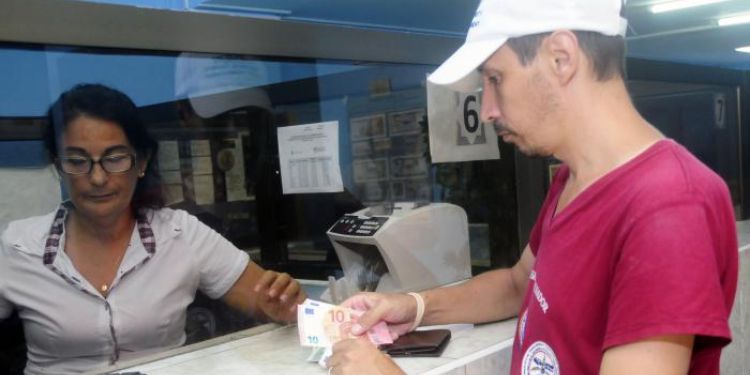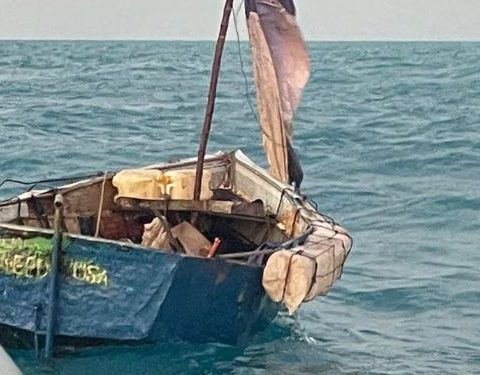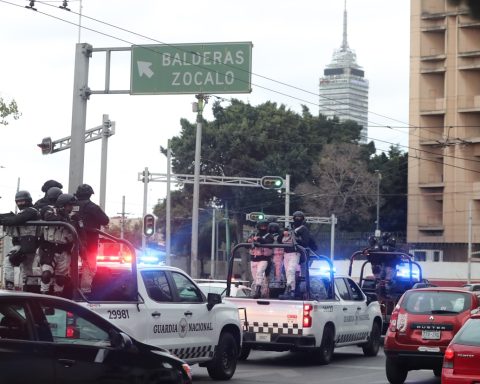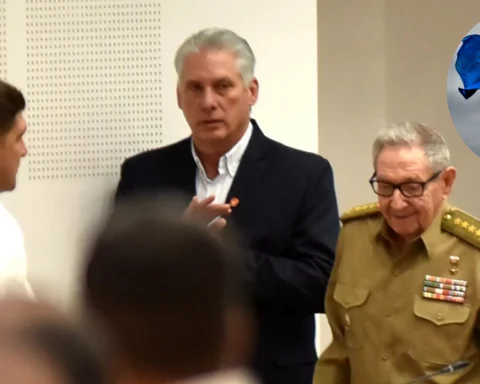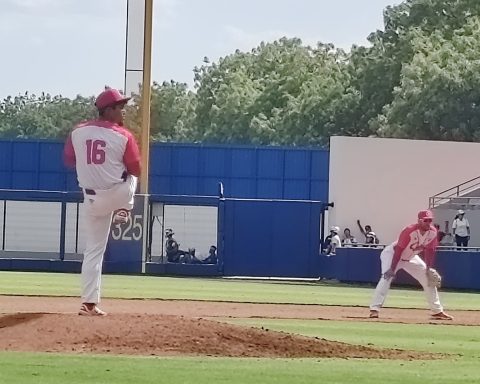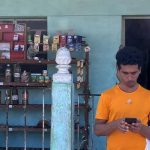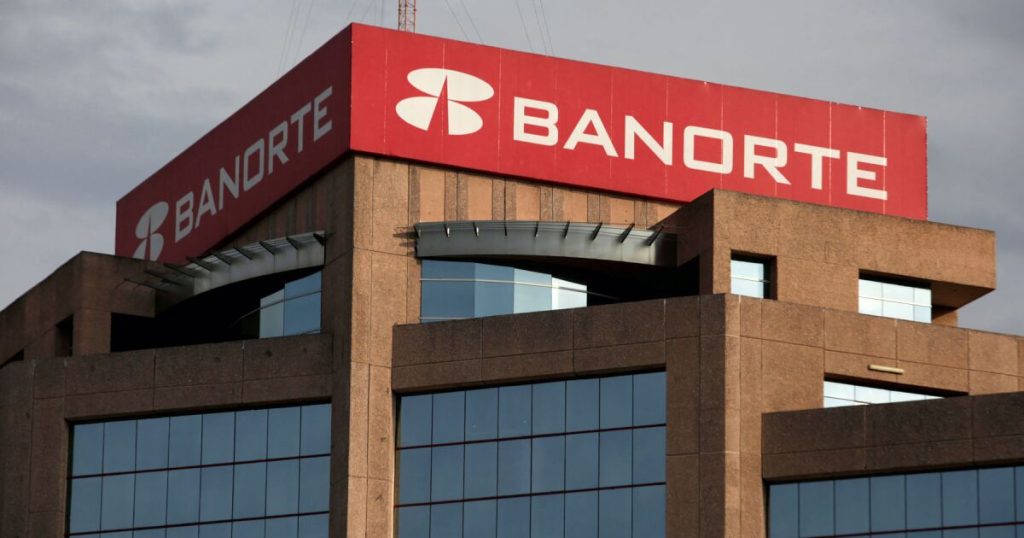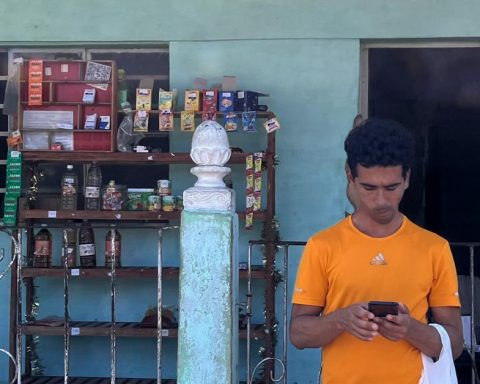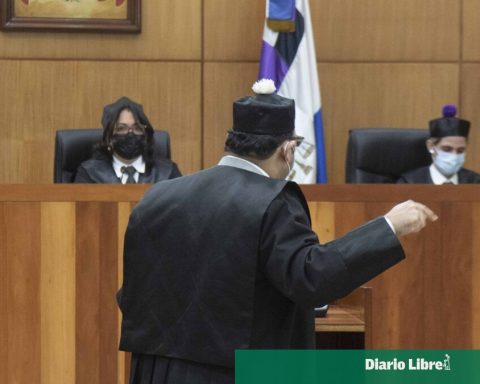MIAMI, United States. – The state newspaper Granma launched this Wednesday a new warning about currency transactions in the informal market, pointing out that any purchase and sale of foreign currency outside official channels is illegal and will be severely sanctioned.
According to the judge of the Supreme People’s Court, Jesús Ramón García Ruiz, who signs the article published by Granma“trafficking in coins, metals and precious stones is an illegal activity and constitutes a crime.”
The official also emphasized that on the island “there is no legal informal market for the supply, purchase, sale and exchange of national and foreign currencies.”
The article recalls that, according to Decree-Law No. 361 of 2018, “they fall on the Central Bank of Cuba (BCC) the functions of proposing monetary, financial, credit and exchange policies.” It also indicates that Decree-Law No. 362 establishes that “exchange houses are Cuban financial institutions that carry out exchange operations and the purchase and sale of foreign coins and bills.”
Among the numerous regulations approved by the regime cited in the article is also Resolution No. 177 of 2020, which reaffirms that the exchange rate of the Cuban peso against foreign currencies is determined by the BCC and is published daily on its website.
Any transaction that is not carried out in accordance with these regulations is considered illegal, García Ruiz warned.
Likewise, Granma brings to light the current Cuban Penal Codewhich in its article 315.1, stipulates that “the actions of selling or, by any means, transferring, transmitting or acquiring foreign currency in violation of the legal provisions issued to regulate that activity” are crimes punishable by “deprivation of liberty from two to five years, or a fine of 500 to 1,000 quotas, or both.”
Furthermore, it threatens those who participate in these alleged illegal activities with losing the money purchased after applying “the accessory sanction of confiscation.”
García Ruiz also warned that those involved in the informal market can be victims of crimes such as “fraud and robbery with violence,” and in such cases, they do not have the right to compensation in the criminal process due to the “illegal” nature of their actions.
He also threatened people who operate in the informal currency market with the possibility of being accused of “counterfeiting” if “the currency that has been sold or exchanged to them is counterfeit and the person who received it puts it into circulation, despite knowing its apocryphal nature.”
“It is necessary for the population to know that there is no ‘informal market’ that uses the facilities of social media networks for the supply, purchase, sale and exchange of national and foreign currencies,” concluded García Ruiz.
Follow our channel WhatsApp. Receive the information from CubaNet on your cell phone through Telegram.
